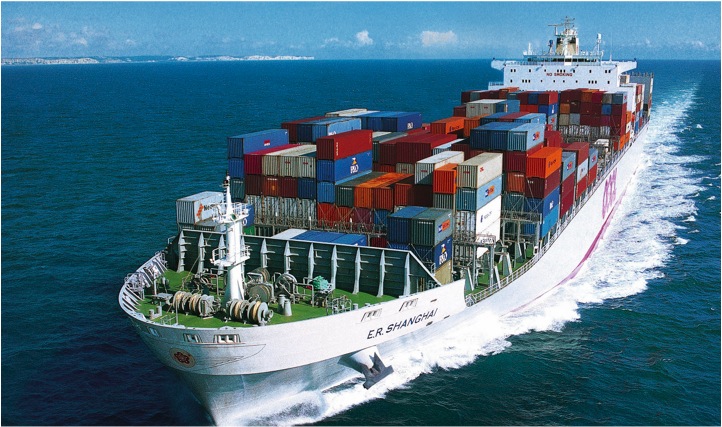Aage Krogh, IUNO Denmark
Despite the presence of gross negligence, the Supreme Court of Norway acquitted a shipbroker who was not held liable since the shipping company, which had been misled, could not prove a loss.
A Norwegian shipbroker was collecting tenders regarding several maritime transportations on behalf of an aluminum company. Following a call for tender it was decided that the transportations should be carried out by a Danish shipping company.
The shipbroker sent a number of documents to the shipping company in which the shipbroker was entitled to 3,75 % of the freight rate in commission. The shipbroker then deleted this term from the copies which were sent to the aluminum company. The shipbroker thus gave the aluminum company the wrong impression. The aluminum company was not aware of this fact but it was probably assuming that the shipbroker was entitled to 1,25 % in commission as usual.
The difference between the two contracts was discovered at a meeting a few months later. The shipbroker continued to claim the entitlement of 3,75 % in commission. Initially, the aluminum company was opposed to this matter, but subsequently agreed. Following this, the Danish shipping company discovered that two thirds of the 3,75 % were transferred to a shipper by the shipbroker.
The shipping company argued that if they had had the correct information regarding the freight rate from the beginning they could have increased their earnings in relation to the transportations. In the opinion of the shipping company the correct information would therefore have caused the company to submit a tender with a higher net rate yet with the same gross price.
The shipping company then took legal action against the shipbroking company at a court of arbitration and won the case. Shortly after the judgment, the shipbroking company went bankrupt. Hereafter, the shipping company took legal action against the actual shipbroker who also was the director, the owner and a shipbroker in the company that had gone bankrupt. The shipbroker was acquitted at the District Court, but at the High Court he was convicted to pay compensation.
Finally, the case was brought forward to the Supreme Court of Norway.
The Supreme Court: Loss is not proven
The Supreme Court stated that the shipbroker had acted grossly negligent by giving misleading information to both the aluminum company and the shipping company. However, the question was whether or not the shipping company as a consequence had suffered a loss. Thus, the Supreme Court had to consider whether the shipping company – in case of having received the correct information from the start – would have utilized the information in order to increase the net freight.
In the testimony of the head of the shipping company’s section of chartering it was stated that it did not matter to the shipping company how much commission was to be paid. Rather, it was the net result which was crucial. The Supreme Court found that this testimony combined with other testimonies led to the fact that the gross freight rate would have been lower if the shipping company had given a tender based on 1,25 % in commission.
Thus, the Supreme Court ruled that the shipping company had not suffered a loss since the shipbroker’s insufficient information had not affected the net rate. The Norwegian shipbroker was therefore acquitted despite the presence of gross negligence.
IUNO’s opinion
This case illustrates that gross negligence does not necessarily lead to liability. It is fundamental to prove that there is an actual loss before a compensation can be granted. In this case it was crucial to consider what the shipping company would have done during the tender if the correct information had been present. The Supreme Court of Norway chose to place great emphasis on witness statements which indicated that the commission did not affect the shipping company’s tender.

